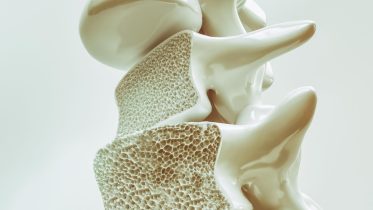New research highlights the link between sleep and osteoporosis, revealing that poor sleep may accelerate bone loss, especially in younger women. During the University of Colorado Department of Medicine’s annual Research Day on April 23, faculty member Christine Swanson, MD, MCR, presented her National Institutes of Health -funded clinical research on whether adequate sleep can help prevent osteoporosis. “Osteoporosis can occur for many reasons such as hormonal changes, aging, and lifestyle factors,” said Swanson, an associate professor in the Division of Endocrinology, Metabolism, and Diabetes.
“But some patients I see don’t have an explanation for their osteoporosis. “Therefore, it’s important to look for novel risk factors and consider what else changes across the lifespan like bone does — sleep is one of those,” she added. How bone density and sleep change over time In people’s early- to mid-20s, they reach what is called peak bone mineral density, which is higher for men than it is for women, Swanson said.

This peak is one of the main determinants of fracture risk later in life. After reaching this peak, a person’s bone density remains roughly stable for a couple of decades. Then, when women enter the menopausal transition, they experience accelerated bone loss.
Men also experience bone density decline as they age. Sleep patterns also evolve over time. As people get older, their total sleep time decreases, and their sleep composition changes.
For in.
















